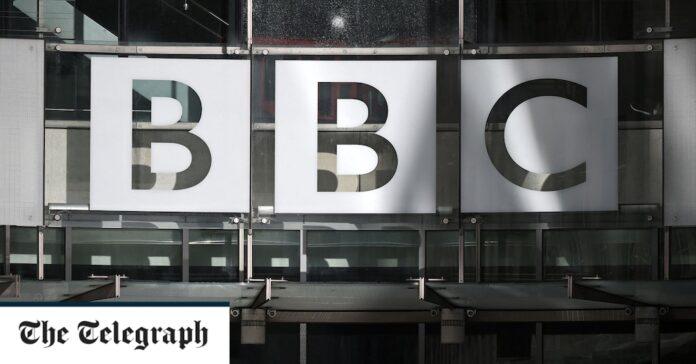If it were to discourage the use of the word “burden”, the BBC would be silencing those who want to see taxes brought down
Just a few weeks have passed since the Government sought to recast the political debate in terms of growth and low taxes. But the two people responsible for that agenda, Liz Truss and Kwasi Kwarteng, have gone. Now, under new management, the debate is framed by the prospect of spending cuts and tax rises.
The amount of money taken by the state, either directly or indirectly, as a proportion of GDP is at a level not seen for 70 years. This has become known as the “tax burden” for the very good reason that it weighs heavily on the shoulders of millions who are required to pay while at the same time struggling to make ends meet. But, as we report today, a review of on-air language by the BBC may result in its reporters being told not to use the word “burden” as it gives tax a negative connotation.
Some may consider their contribution to the Exchequer to be altruistic; others may be happy to pay more, though very few avail themselves of the opportunity to do so voluntarily. Arguably, the word is pejorative but banning its use would itself be a political statement that seeks to silence those who want to see taxes brought down.
It appears, however, that the burden is to become even greater when Jeremy Hunt, the Chancellor, delivers his Autumn Statement later this month. Treasury “sources” have let it be known that spending cuts alone will not be enough to fill the fiscal black hole created by excess borrowing and higher debt costs. There is a danger that Mr Hunt and Rishi Sunak over-compensate for the negative City reaction to Mr Kwarteng’s mini-Budget by tightening too much and precipitating a recession.


